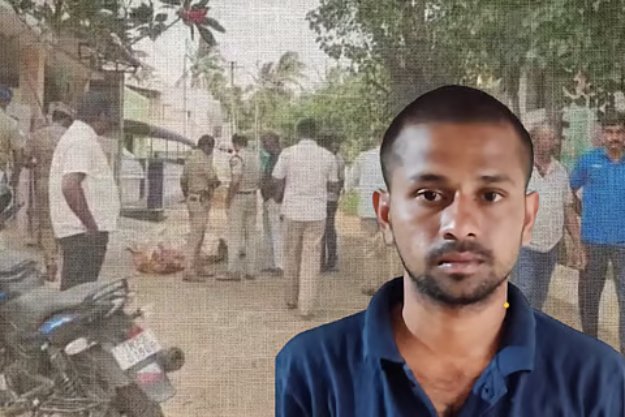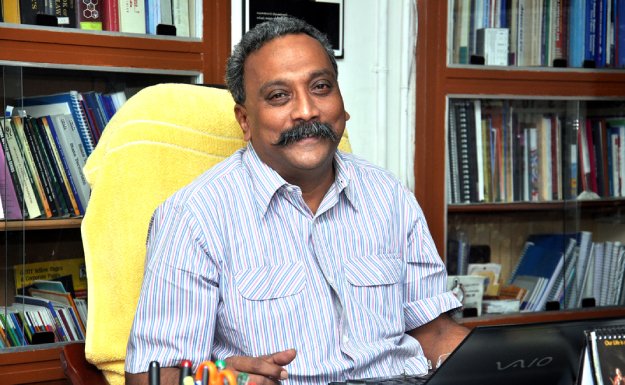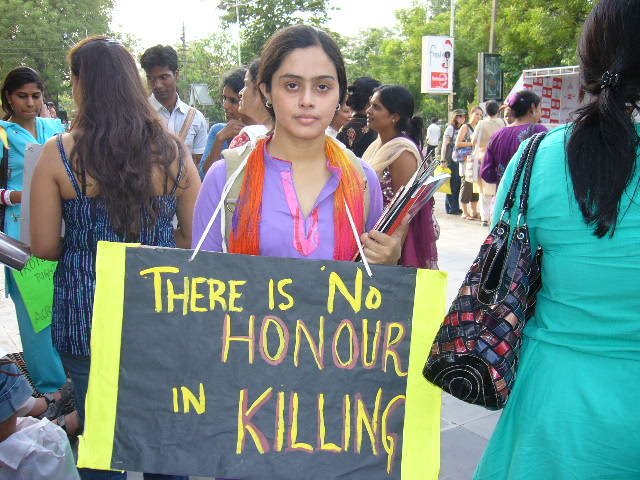Henri Tiphagne, the Executive Director of People’s Watch and a long-time human rights advocate, issued a strong public appeal urging the Tamil Nadu State government to immediately enact a dedicated law to prevent honour killings.
His statement came in the wake of another brutal murder suspected to be an honour killing, reigniting debates around caste-based violence and the state’s lack of targeted legal frameworks.
The Growing Concern: Honour killings in Tamil Nadu
Tamil Nadu, though considered socially progressive, has reported several high-profile honour killing cases over the past two decades. One of the most notorious was the 2016 murder of Sankar, a Dalit man, in Udumalpet. Sankar was hacked to death in broad daylight for marrying Kausalya, a woman from a dominant caste. The case sparked outrage across the state and brought national attention to the issue.
The brutal murder of Tirunelveli’s Kavin Selvaganesh, has once again thrust the issue of honour killings into the spotlight. Kavin, who belonged to a Scheduled Caste, was allegedly murdered for marrying a woman from an intermediate caste—an act viewed as transgressive by her family.

The couple had reportedly eloped and registered their marriage, triggering hostility from the woman’s relatives. On July 25, 2025, Kavin was attacked and killed in a suspected premeditated assault that bore all the hallmarks of an honour killing: caste prejudice, family complicity, and public indifference. The Kavin Issue has brought the urgency of enacting a special law.
ALSO READ: Key Takeaways from Chanda Kochhar’s Conviction in ₹64 Crore Bribery Case!
The Kavin Issue: Need for a Special Law
Tiphagne emphasized that despite repeated incidents and public outrage, absence of a comprehensive legal response continues to embolden perpetrators.
Framing honour killings as a serious human rights violation after the Kavin Issue, he criticized the government’s inaction and called for urgent legislative intervention. His appeal aligns with the longstanding demands of civil society groups across Tamil Nadu for stronger legal safeguards.

Henri Tiphagne argues that a state-specific law would close the gaps in existing criminal jurisprudence. Unlike murder cases driven by other motives, honour killings are premeditated acts rooted in casteist and patriarchal ideology. They often involve multiple actors, including the community and even local panchayats.
A dedicated law could:
- Clearly define “honour killing” as a distinct crime
- Mandate speedy investigations and time-bound trials
- Provide protection to couples at risk
- Hold complicit family members and community leaders accountable
ALSO READ: Death Sentence of Nimisha Priya revoked in Yemen, claims Grand Mufti
Legislative Inaction and Public Outcry
Despite repeated honour killing cases and public pressure, the government has yet to introduce a dedicated law to address these crimes. Human rights defenders and legal experts have long pointed out that relying solely on general murder provisions under the Indian Penal Code (IPC) fails to capture the systemic, premeditated nature of honour killings—where families, and sometimes entire communities, are complicit.
Civil society organizations, student groups, and Dalit rights activists have staged protests, held public hearings, and launched online campaigns demanding action. The continuing delay is seen by many as a sign of political reluctance to confront entrenched caste structures. As public outrage grows, the call for justice is no longer just legal—it’s a moral imperative.














